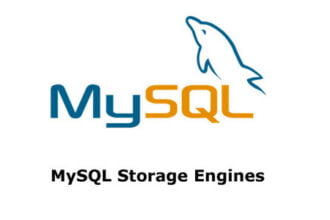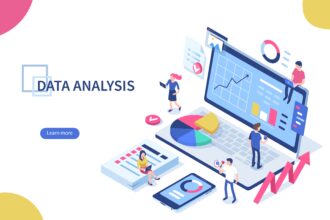Revolution Analytics recently announced the winners of its “Applications of R in Business” contest. Revolution Analytics has built a business around supporting R, an open source statistical software package, and extending it with features it licenses to customers. I served as a judge in the contest.
Revolution Analytics recently announced the winners of its “Applications of R in Business” contest. Revolution Analytics has built a business around supporting R, an open source statistical software package, and extending it with features it licenses to customers. I served as a judge in the contest. Since I was in the midst of analyzing the data for our predictive analytics benchmark research, I was interested to see how the contestants applied predictive analytics techniques to specific business problems.
As I’ve written previously, predictive analytics is on the rise, despite the fact that the term is a bit of a misnomer. What software vendors, industry analysts and others call predictive analytics may be described more accurately as data mining. Data mining includes both predictive and descriptive analytics. Predictive analytics is used to predict future occurrences, such as the likelihood of an individual customer purchasing a particular product. Descriptive analytics is used to classify things (say, customers or products) into groups. These descriptive characteristics can be used in conjunction with predictive analytics to help produce more accurate predictions. For example, single male customers in group A may be more likely to purchase a particular product than single male customers in group B.
Nevertheless, the market seems to have adopted “predictive analytics” to encompass the broader category of data mining. I’m comfortable with that use of the term, so here and elsewhere in my research, unless specified otherwise, I consider predictive analytics and data mining to be interchangeable labels. (See: “Technology Terminology: What’s in a Name?”)
R, as a statistical package, includes many algorithms for predictive analytics, including regression, clustering, classification, text mining and other techniques. The contest submissions supported a variety of business cases, including, among others, predicting order amounts to optimize manufacturing processes, predicting marketing campaign effectiveness to optimize marketing spending, predicting liquid steel temperatures to optimize steel plant processes and performing sentiment analysis of Twitter data.
The entries served to reinforce the notion that using predictive analytics requires specialized skills. Take a look at the entries above and ask how many people in your organization could perform those types of analyses. Despite the requirement for these additional skills, the demand for predictive analytics continues to rise. The entries show one of the reasons for this rise: the value that predictive analytics can provide. Imagine if you could redirect marketing spending from ineffective campaigns to more productive campaigns, or squeeze costs out of your manufacturing processes.
The entries also demonstrated a best practice: close alignment between the analyst and the underlying business objectives. Predictive analytics is not magic. It requires an understanding of business processes and an understanding of statistical techniques. The judging criteria reflected this requirement as well. One of the three categories we were asked to score was applicability of the submission to business. I think it’s clear how the analyses in the winning entries could provide significant business value.
If you are not yet applying predictive analytics, check out the submissions for examples of where you might apply them to your business; you can skip the implementation details. If you are using predictive analytics and understand the statistics involved, check out the submissions for suggestions of how you might enhance your own applications. In either case, keep an eye out for the results of our predictive analytics benchmark research to learn more about best practices and how others are using predictive analytics.
Regards,
David Menninger – VP & Research Director







